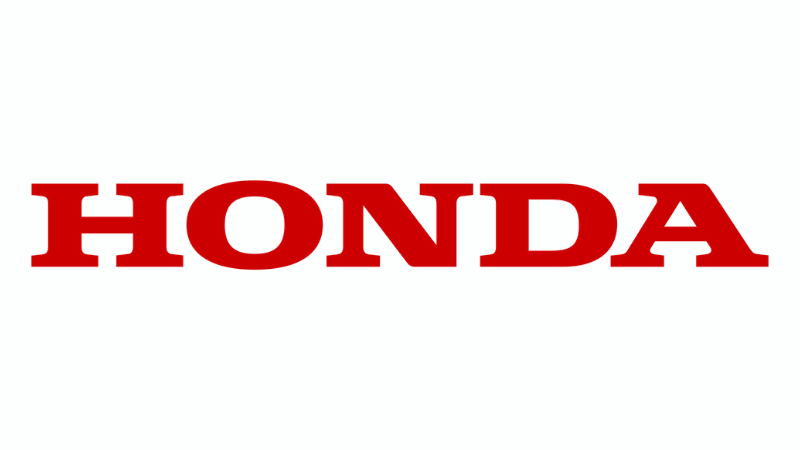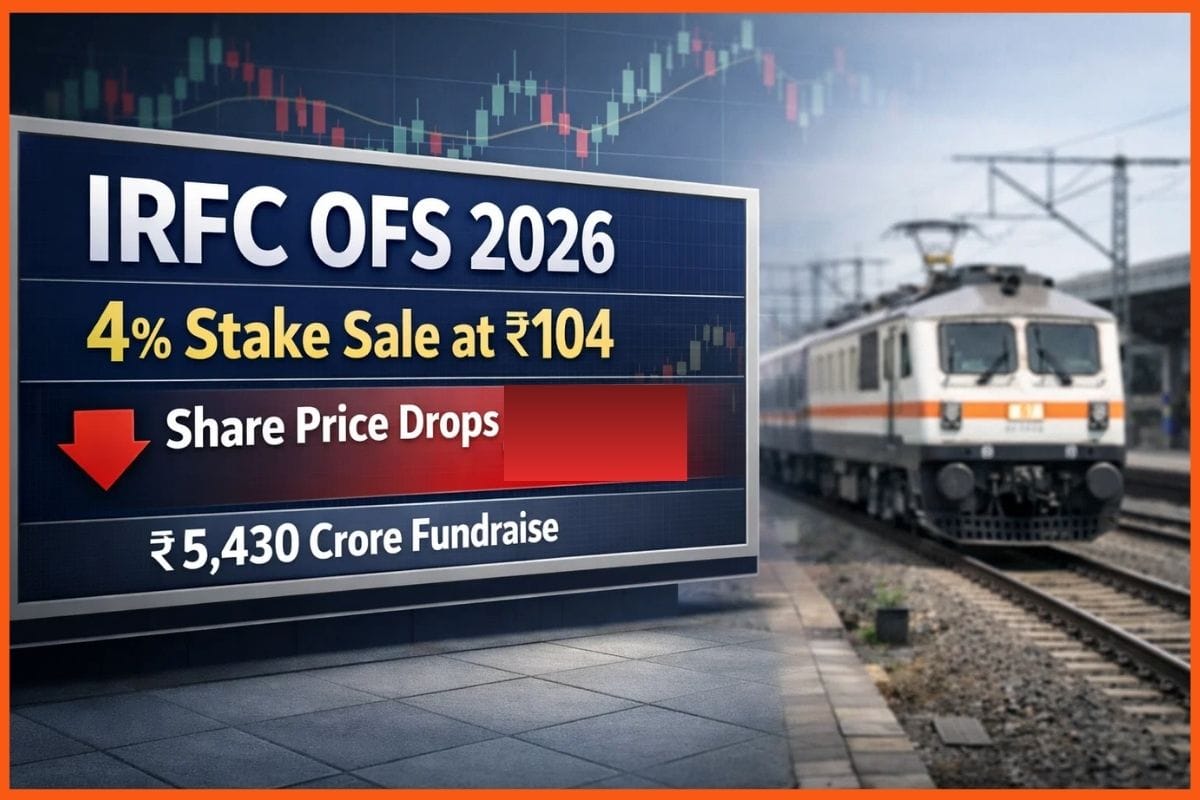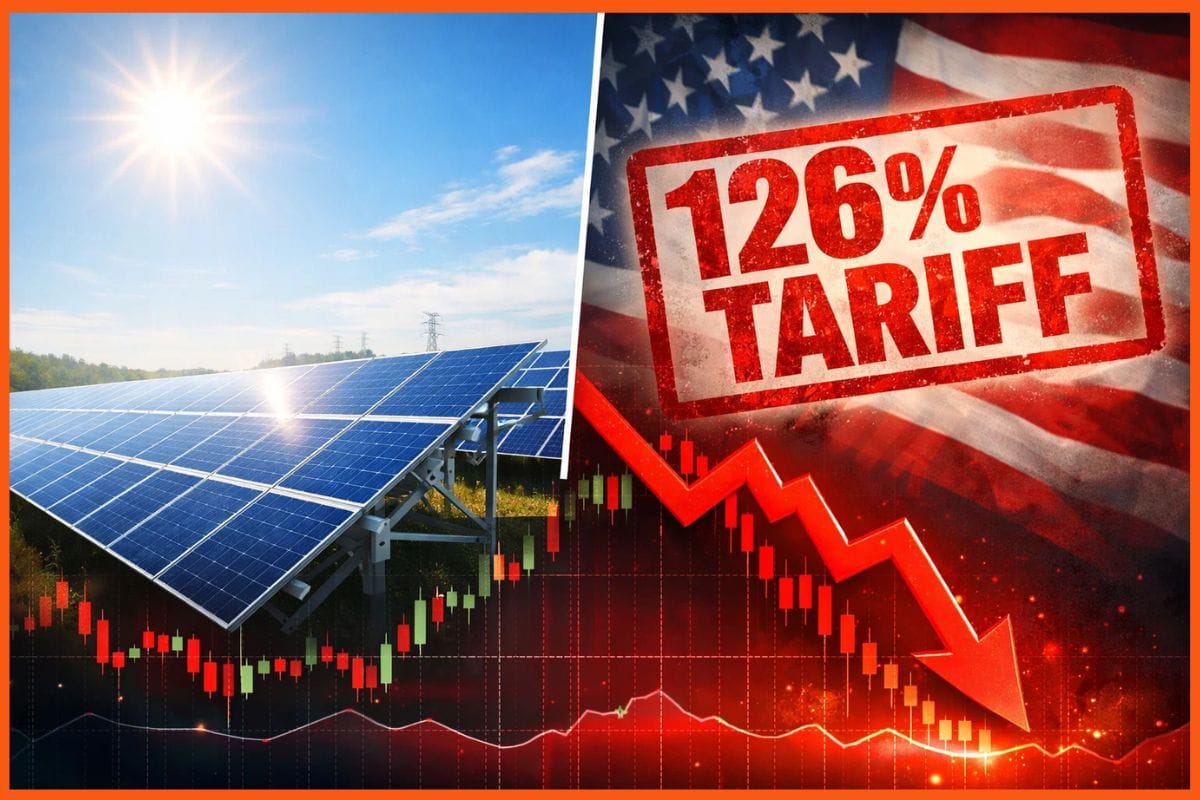Honda - Firmly Standing From The Beginning
📄Company Profiles
Company Profile is an initiative by StartupTalky to publish verified information on different startups and organizations. The content in this post has been approved by the organization it is based on.
Honda Motor Company, Ltd. is a Japanese public multinational conglomerate corporation primarily known as a manufacturer of automobiles, motorcycles, and power equipment. Honda Motor Co., Ltd. operates under the basic principles of “Respect for the Individual” and “The Three Joys” commonly expressed as The Joy of Buying, The Joy of Selling and The Joy of Creating.
Honda has been the world's largest motorcycle manufacturer since 1959, reaching a production of 400 million by the end of 2019, as well as the world's largest manufacturer of internal combustion engines measured by volume, producing more than 14 million internal combustion engines each year. Honda became the second-largest Japanese automobile manufacturer in 2001. Honda was the eighth largest automobile manufacturer in the world in 2015.
Honda - Company Highlights
| Startup Name | Honda Motor Co., Ltd. |
|---|---|
| Headquarters | Minato, Tokyo, Japan |
| Industry | Automobile |
| Founded | 24 September 1948 |
| Founder | Soichiro Honda |
| CEO | Takahiro Hachigo |
| Areas Served | Worldwide |
| Website | www.global.honda |
Honda - About and How it Works?
Honda - Logo and its Meaning
Honda - Founder and History
Honda - Mission
Honda - Business Model
Honda - Revenue and Growth
Honda - Investments
Honda - Acquisition
Honda - Competitors
Honda - Challenges Faced
Honda - Future Plans
Honda - About and How it Works?
Honda Motor Co., Ltd. engages in the manufacture and sale of automobiles, motorcycles, and power products. It operates through the following segments: Automobile, Motorcycle, Financial Services, and Power Product and Other Businesses.
The Automobile segment manufactures and sells automobiles and related accessories. The Motorcycle segment handles all-terrain vehicles, motorcycle business, and related parts. The Financial Services segment provides financial and insurance services. The Power Product and Other Businesses segment offers power products and relevant parts. The company was founded by Soichiro Honda on September 24, 1948 and is headquartered in Tokyo, Japan.
Honda was the first Japanese automobile manufacturer to release a dedicated luxury brand, Acura, in 1986. Aside from their core automobile and motorcycle businesses, Honda also manufactures garden equipment, marine engines, personal watercraft and power generators, and other products.
Since 1986, Honda has been involved with artificial intelligence/robotics research and released their ASIMO robot in 2000. They have also ventured into aerospace with the establishment of GE Honda Aero Engines in 2004 and the Honda HA-420 HondaJet, which began production in 2012. Honda has three joint-ventures in China: Honda China, Dongfeng Honda, and Guangqi Honda.
Honda - Logo and its Meaning
The stylized design of the capital H had a certain influence on the print. It is distinguished by the absence of decorative details and minimalistic design bordering on austerity. At the same time, chromium coating of the innovated logo’s font makes it quite prestigious and valuable. The line width helps it stand out clearly on the background.

Honda - Founder and History
The engineer Honda Soichiro founded the Honda Technical Research Institute near Hamamatsu in 1946 to develop small, efficient internal-combustion engines.

It was incorporated as Honda Motor Company in 1948 and began producing motorcycles in 1949. The Honda C-100, a small-engine motorcycle, was introduced in 1953 and by 1959 was the largest-selling motorcycle in the world. In 1959 the company also established a U.S. subsidiary, the American Honda Motor Company, which began producing motorcycles in the United States in 1979 and automobiles in 1982.
While still Honda is a world leader in producing motorcycles, the bulk of the company’s annual sales comes from automobiles, which the company began manufacturing long ago. Among its lightweight, fuel-efficient passenger cars have been the popular Civic and Accord models. The company’s other major product areas include farm machinery and small engines. Honda is a major Japanese exporter to the United States and to other parts of the world. It also has assembly plants in a number of other countries and is engaged in joint ventures and technology-licensing agreements with several foreign companies.
Honda - Mission
Honda's mission statement says, "Maintaining a global viewpoint, we are dedicated to supplying products of the highest quality, yet at a reasonable price for worldwide customer satisfaction."

Honda - Business Model
- Automotive (~71%) – Honda derives a majority of its revenue from the sales of its automotive units around the world. Per Bloomberg intelligence, 75% of the vehicles Honda sells in the US market are manufactured in the country itself. Additionally, the company does not expect a significant revenue impact from recently imposed tariffs in the US as it manufactures a notable quantity of its US volumes in the domestic market itself. We expect automotive sales of 5.35 million worldwide, translating into $104.7 billion in revenues from this division.
- Motorcycle (~14%) – Honda derives $18.4 billion in revenues from the sales of its motorcycle units. This segment includes motorcycles, all-terrain vehicles (ATVs) and Personal watercraft (PWC). We expect higher sales volume of its motorcycle business to drive its top-line growth in 2019. The increased volume sales are expected in its key markets of Asia, including Indonesia, India, and Vietnam. Honda’s Activa and X-blade models continue to be the bestsellers in these markets in 1Q’19.
- Financial Services (~13%) – Honda provides a variety of financial services – retail lending, leasing to customers and wholesale financing to its customers and dealers through its finance subsidiaries. Within the financial services segment, North America contributes about 90% of the segment’s revenue. We expect the segment to generate $19 billion in revenue in 2019.
- Power and Other business (~2%) – HMC manufactures and markets a complete range of power equipment products for commercial, rental, and residential applications. Its comprehensive product line, which includes tillers, portable generators, outboard engines, water pumps, lawn mowers, snow throwers, general purpose engines, electric four-wheel scooters, is powered exclusively by advanced 4-stroke engines. These products are sold by the company in its markets, mainly in Japan, and are also sold to Original Equipment Manufacturers (OEM).
Honda - Revenue and Growth
| Year | Amount | Percentage Change from last year |
|---|---|---|
| 2020 | $137.365B | -3.94% |
| 2019 | $142.998B | +3.43% |
| 2018 | $138.25B | +6.19% |
Honda - Investments
Honda Motor has made 12 investments. Their most recent investment was on Jul 18, 2020, when Contemporary Amperex Technology raised CN¥19.7B.
| Date | Organization Name | Round | Amount |
|---|---|---|---|
| Jul 18, 2020 | Contemporary Amperex Technology | Post IPO Equity | CN¥19.7B |
| Jun 28, 2019 | MONET Technologies | Corporate Round | ¥499.9M |
| May 14, 2019 | Moixa Technology | Corporate Round | £8.6M |
| May 7, 2019 | Cruise | Corporate Round | $1.2B |
| Mar 28, 2019 | MONET Technologies | Corporate Round | ¥498M |
| Mar 5, 2019 | ubitricity | Series C | €20M |
| Oct 3, 2018 | Cruise | Corporate Round | $750M |
| Nov 6, 2017 | Mcity | Venture Round | $11M |
| Sep 19, 2016 | Grab | Series F | $750M |
| Jun 8, 2010 | Virent Energy Systems | Series C | $46.4M |
Honda - Acquisition
Honda Motor has just one acquisition. Honda acquired ubitricity on Feb 27, 2019.
Honda - Competitors
Major names among Honda's competitors include – Ford, General Motors, Toyota, Suzuki, Volkswagen, Hyundai, Nissan, FCA (Fiat Chrysler Automobiles), BMW and Mercedes.

Honda - Challenges Faced
The automobile crisis of 2008-2010 was the part of financial downturn, which affected automobile makers and suppliers around the world. The industry was weakened by the substantial increase in the prices of fuel linked to energy crisis of 2003-08 which discouraged purchases of automobiles with low fuel economy. In the year 2008 there were fewer fuel efficient models to offer to the consumers, the bigger automobiles including General Motors, Toyota, Ford, Chrysler, Nissan and Honda Motors experienced sliding sales.
Honda has used PEST and SWOT analysis to work harder to achieve the goal to make their sales go high, and have worked on the weakness in the market as well. Honda has studied their PEST analysis and the factors that are affecting their company, being the leading automobile industry has to know its strengths and weakness, when dealing with their customer. All they needed was to know their needs, wants and demands.

Honda - Future Plans
Honda is going bullish on its expansion plans. Honda currently holds the number two position in terms of domestic sales, behind Hero MotoCorp, and plans to become number one by December 2020. To achieve this, the company is expanding both, manufacturing and sales. Last year, the company added a fourth assembly line at their Narsapura manufacturing facility in Bengaluru. This move adds 6 lakh units to Honda’s current capacity of 64 lakh bikes and scooters per year. For sales, Honda has set a target of adding 500 retail outlets this year, to its existing 5,200 dealerships. Of these, Honda has already added 250 outlets from April to August and will be adding 50 more this month. Honda is specifically concentrating on rural areas with 70 per cent of the new outlets coming up this year to be situated there.
Honda has been recording strong sales with currently a 30 per cent overall domestic market share for two-wheelers. It is currently the market leader in scooter sales with a 69 per cent market share. While their scooter sales have been strong, Honda wishes to focus more on motorcycle sales now.
Honda is further accelerating its electrification plans for Europe by moving forward its goal for all of its European mainstream models to feature electrified powertrains by 2022. The bold new target announced during an 'Electric Vision' event in Amsterdam, is three years ahead of the previously announced 2025 goal, demonstrating the confidence Honda has in its electric and hybrid powertrain technology. This acceleration will see 6 electrified models launched over the next 36 months.
Must have tools for startups - Recommended by StartupTalky
- Convert Visitors into Leads- SeizeLead
- Website Builder SquareSpace
- Run your business Smoothly Systeme.io
- Stock Images Shutterstock






